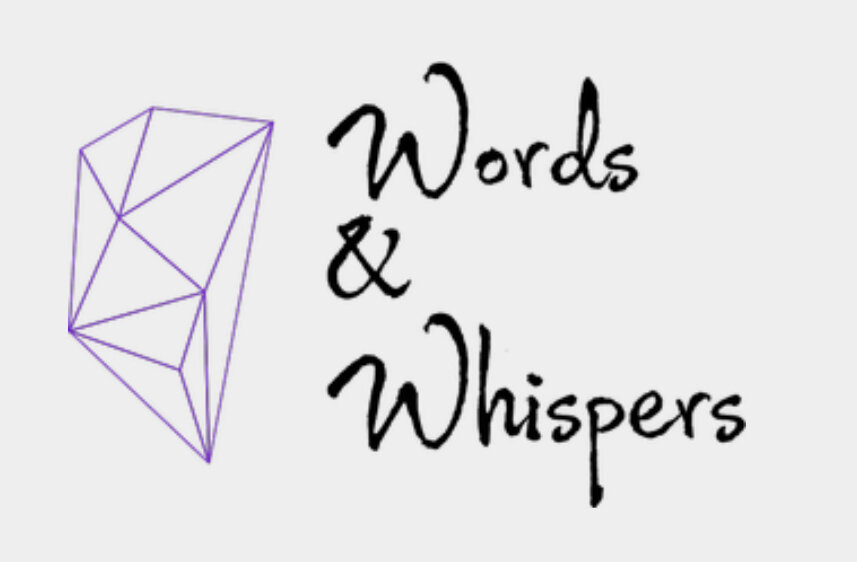Easter at Natural Bridge
By Raymond Hammond
on the way home to our own church service
the reluctance to sit through a sermon,
again, was somewhat stayed by a breakfast
in the age-old natural bridge gift shop
and cafeteria, the sixties green
dining room filled with formica tables
awash in an ocean of sixties green
metal and vinyl chairs above a floor
of gray tiles with servers dressed in sixties
green swimming through the crowd filling coffee,
clearing tables to make room for the line
of people all dressed in their sunday best
which snaked along the three-foot-high railing
which separated tables and gift shop
my dad and i would only get in line
after making a stop at the rest rooms
in the basement beside the indoor pool
which always fascinated me, the stalls
required a dime to open the stall door
which, only ever knowing free bathrooms
i thought was a robbery of most cruel
intent because we had just made the climb
up the steep stairs from the creek trail that wound
its way along cedar creek which flowed under
the natural bridge it had patiently
created over eons now illuminated
by the rapidly rising morning sun
after a packed easter sunrise service
we had arrived in the still silvery
shiny morning fog and walked up the trail
past salt peter cave which was really
just a rock-shelter, past the lost river
which anybody else would call a spring,
not making it all the way to lace falls
because of time and the fact I had stopped
to see every forest floor flower
amazed at their early resurrection
into this crisp morning air of the first
flowers to flower in the spring: blood root
dutchman’s breeches, columbine, trillium,
the mayapples, and jack-in-the-pulpit,
and, of course, the lily of the valley
the easter sunrise message was given
by some old country preacher who would stand
just in front of the famous gw carved
into the cliff by one george washington
cedar creek’s babbling in competition
with the preacher for all but the first rows
no matter, the conceit was obvious
what i wondered was how many
of those sitting in the chairs listening
planning their noon meals, travels to get home
were shifting, struggling, and straining to hear
the preacher preach about that which he knows,
really, concretely knows—not a damn thing,
underneath the pure rush of cedar creek
Raymond P. Hammond is the editor-in-chief of both The New York Quarterly and NYQ Books. He holds an MA in American Poetry from NYU’s Gallatin School and is the author of Poetic Amusement, a book of literary criticism. He lives in Beacon, NY with his wife, the poet Amanda J. Bradley, and their dog Hank.
